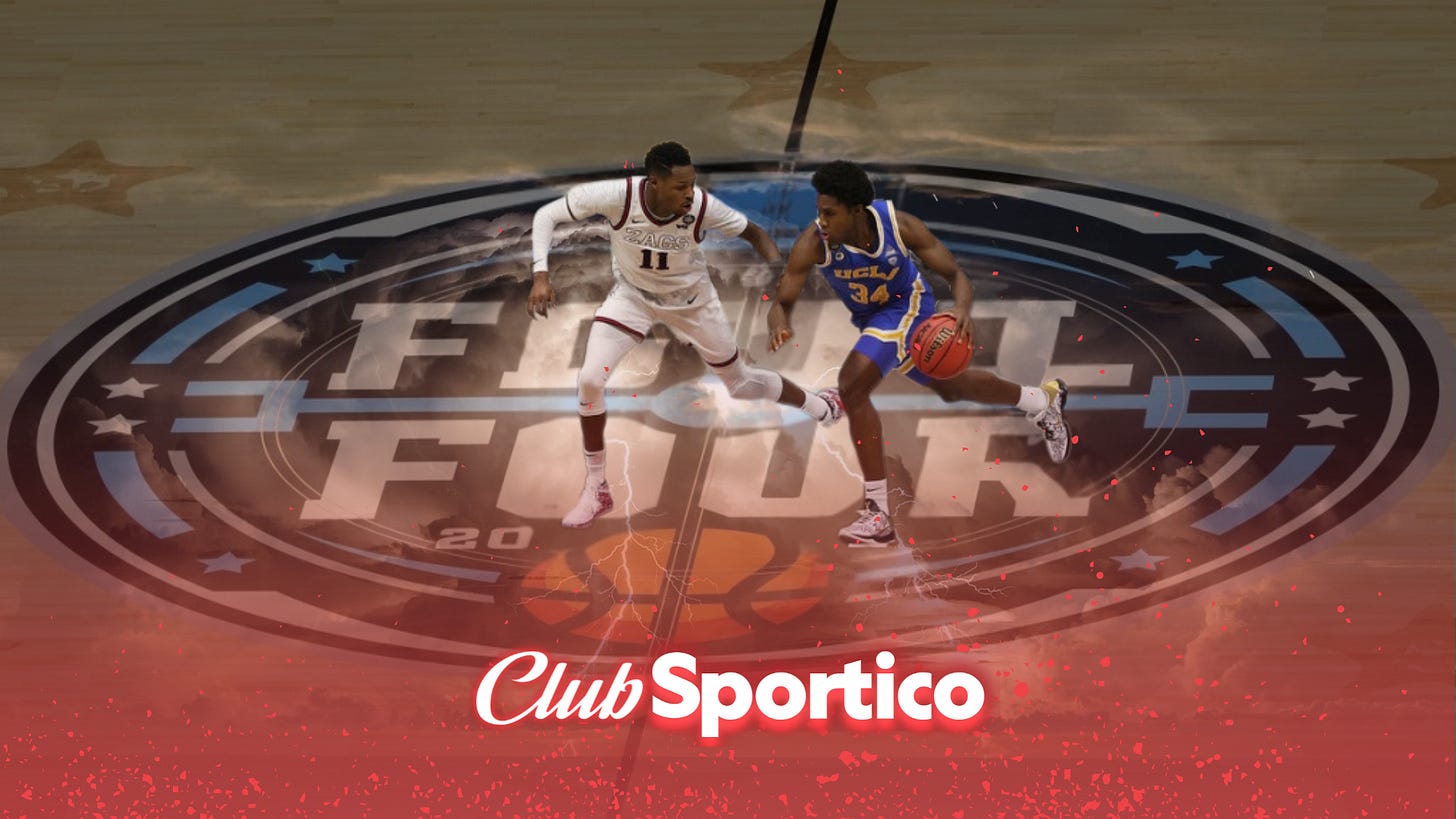There’s a gambling hurricane coming for college basketball
If you thought the recent NBA bet-rigging details were bad, brace yourself for what’s about to happen in college basketball.
Welcome back to Club Sportico, where we break down the intersection of sports and money—with an extra bit of humor and opinion. Today, we’re forecasting stormy weather.
Hardly a week goes by now without a sports betting scandal of some sort. The ink was barely dry on those NBA bet-rigging indictments when a new controversy swirled about a UFC fighter pos…
Keep reading with a 7-day free trial
Subscribe to Club Sportico to keep reading this post and get 7 days of free access to the full post archives.



